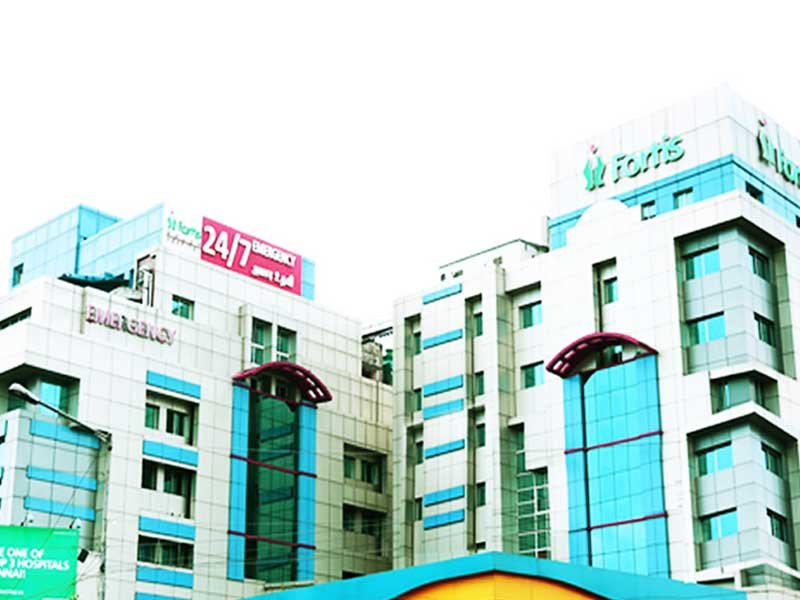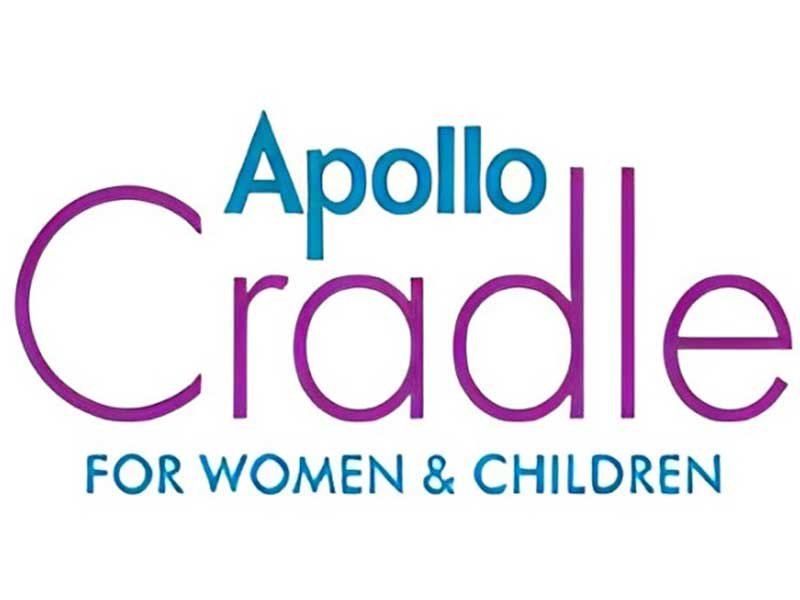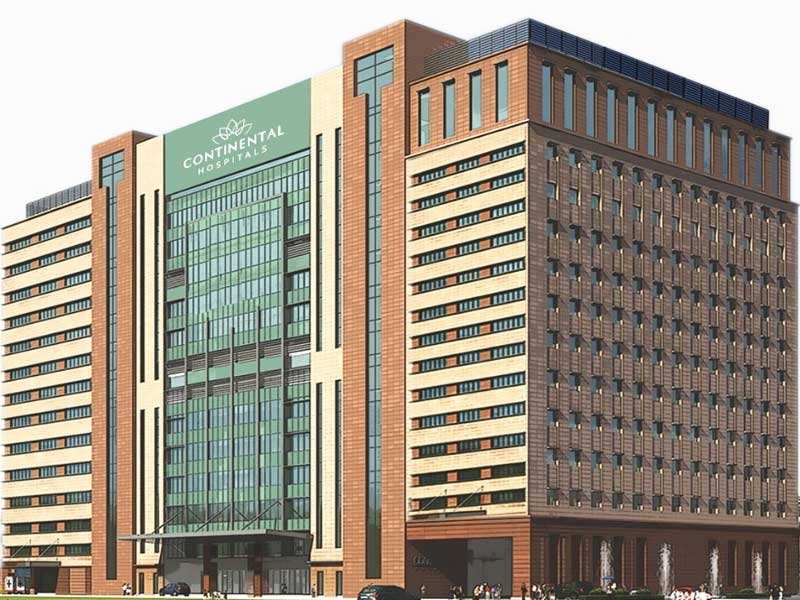Home Treatments Pediatric Cardiology
Paediatric Cardiology is a sub-speciality medical field of Paediatrics. Paediatric Cardiology is concerned with the study, diagnosis, prevention and treatment of disorders related to the heart in children. Paediatric Cardiologists specialise in the treatment of heart disorders in children.
Heart disorders in children are mostly congenital. Deformities in the child’s heart can be formed during pregnancy due to complications, accidents or trauma. However, some children may acquire heart diseases after birth, in the infancy period or later.
Atrioventricular Septal Defect (AVSD): AVSD can comprise three defects in the heart. These are:
Hypoplastic Left Heart Syndrome (HLHS): This is a medical condition in which the heart’s main pumping chamber i.e., the left chamber and the left-sided valves are poorly developed. This leads to insufficient amounts of blood to be produced for the body to sustain life.
Pulmonary Stenosis: In Pulmonary Stenosis, the heart’s pulmonary valve is thicker than normal, and the opening is smaller. Due to this, blood isn’t able to flow normally from the heart to the valve and lungs.
Ebstein’s Anomaly: In this condition, the tricuspid valve in the heart is not properly developed. This causes hindrance in blood flowing towards the right ventricle. In some cases, it may also cause blood leakage in the right atrium.
Dilated Cardiomyopathy: In this condition, the muscles of the heart weaken and the heart enlarges in size. This leads to the ill-functioning of the lower chambers, causing inefficient and insufficient pumping of blood.
Endocarditis: Endocarditis is diagnosed when the inner lining of the heart, called the endocardium, or the inner valve, gets affected by bacteria. Children who have pre-existing heart conditions are more likely to be affected by endocarditis.
Prior to your appointment, more testing might be carried out in the clinic based on the data you provided during pre-registration and the pediatrician's records. It is common practice to do an electrocardiogram (ECG) as well as unique vital signs such arm and leg blood pressure measurements or pulse oximetry to monitor oxygen levels. Less frequently, you might undergo testing on the treadmill, an echocardiography, or your chest via x-ray. When your child is being examined primarily for the benefit of another family member, it is crucial that you bring any relevant paperwork with you, especially those pertaining to that person.

Beds: 539
New Delhi

Beds: 230
New Delhi

Beds: 710
New Delhi

Beds: 650
New Delhi

Beds: 191
New Delhi

Beds: 310
New Delhi

Beds: 299
Gurugram

Beds: 380
New Delhi

Beds: 402
New Delhi

Beds: 1300+
Gurugram

Beds: 1000
New Delhi

Beds: 450
Faridabad

Beds: 675
New Delhi

Beds: 500
New Delhi

Beds: 400+
Faridabad

Beds: 106
New Delhi

Beds: 104
Gurugram

Beds: 300
Gurugram

Beds: 162
New Delhi

Beds: 400+
New Delhi

Beds: 380
Faridabad

Beds: 262
New Delhi

Beds: 325
Faridabad

Beds: 550
Gurugram

Beds: 2600
Faridabad

Beds: 400
Noida

Beds: 450
Chennai

Beds: 560
Chennai

Beds: 400
Chennai

Beds: 300
Chennai

Beds:
Chennai

Beds: 300
Chennai

Beds: 180
Chennai

Beds: 200
Chennai

Beds: 750
Mumbai

Beds: 2000
Hyderabad

Beds: 1000
Chennai

Beds: 360
Chennai

Beds: 750
Chennai

Beds: 345
Mumbai

Beds: 300
Mumbai

Beds: 350
Mumbai

Beds: 350
Mumbai

Beds: 310
Mumbai

Beds: 257
Mumbai

Beds: 46
Chennai

Beds: 600
Bengaluru

Beds: 284
Bengaluru

Beds: 450
Bengaluru

Beds: 100
Bengaluru
.jpg)
Beds: 500
Bengaluru

Beds: 250
Bengaluru

Beds: 80
Bengaluru

Beds: 284
Bengaluru

Beds: 350
Ahmedabad

Beds: 289
Ahmedabad

Beds: 210
Ahmedabad

Beds:
Ahmedabad

Beds: 550
Ahmedabad

Beds: 1000
Hyderabad

Beds: 550
Hyderabad

Beds: 150
Hyderabad

Beds: 400
Hyderabad

Beds: 435
Hyderabad

Beds: 225
Hyderabad

Beds: 585
Hyderabad

Beds: 600
Pune

Beds: 500
Pune

Beds: 350
Pune

Beds:
Pune

Beds: 120
Pune

Beds: 100
Pune

Beds: 300
Kolkata

Beds: 700
Kolkata

Beds: 316
Kolkata

Beds: 440
Kolkata

Beds: 200
Kolkata

Beds: 1300
Kochi

Beds: 600
Calicut

Beds: 670
Kochi

Beds: 510
Kochi

Beds:
Kochi

Beds: 20
Chennai

Beds: 450
Noida

Beds: 150
Hyderabad

Beds: 500
Mumbai

Beds: 22
Mumbai
Our care team can help you.
